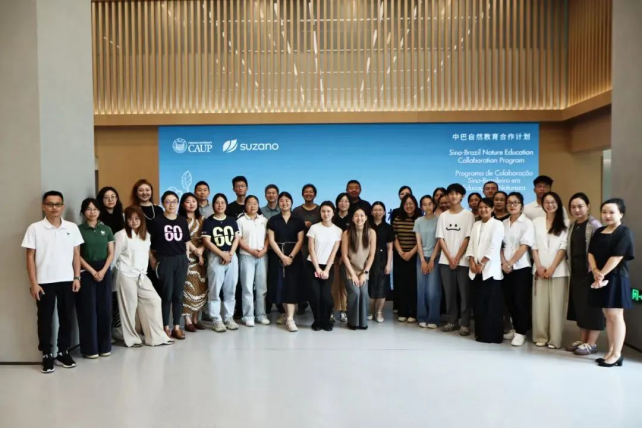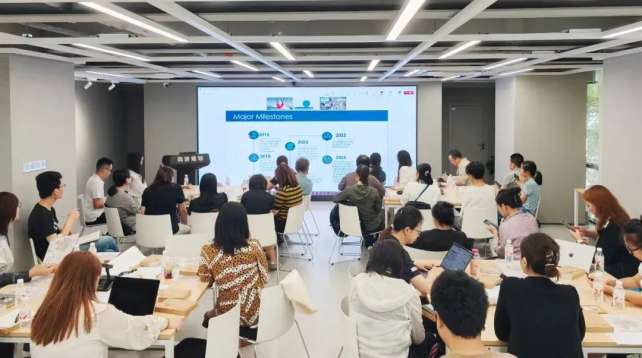
On June 26, the inaugural China - Brazil Symposium on Nature Education and Biodiversity successfully took place. Organized by the College of Architecture and Urban Planning at Tongji University in partnership with Suzano and hosted by the Ministry of Education's International Joint Laboratory for Ecological Urban Design, this symposium served as a significant prelude to the 2026 China - Brazil Cultural Year, drawing experts, scholars, and representatives from both countries.

During the event, Valeria Blos, head of Ecofuturo—a non-profit set up by Suzano in 1999—shared Brazil's pioneering model. For over two decades, Ecofuturo has managed the 7,000 - hectare Neblinas Nature Reserve along Brazil's Atlantic coast, integrating ecological conservation with community development. It has also been actively introducing its experience to China to promote bilateral exchanges in nature education.
Chinese experts from The College of Archiecture and Urban Planning, Tongji University and various institutions presented the latest explorations in China's nature education. They analyzed commonalities and differences between the two nations' approaches from multiple aspects, such as project implementation, participant characteristics, and resource collaboration.

A key outcome of the symposium was the consensus on resource sharing and building an online nature education platform. In an era of globalization, this platform will break through geographical and time constraints, enabling real - time sharing of educational resources and regular interactions between educators and students from China and Brazil.
This event represents a crucial step from mere experience exchange to practical cooperation. It has laid a solid foundation for future joint efforts in nature education and biodiversity conservation, demonstrating that education transcends borders and ecological protection requires global teamwork. Both sides are eager to deepen collaboration and drive positive changes in the global ecological landscape.
 ABOUT US
ABOUT US




